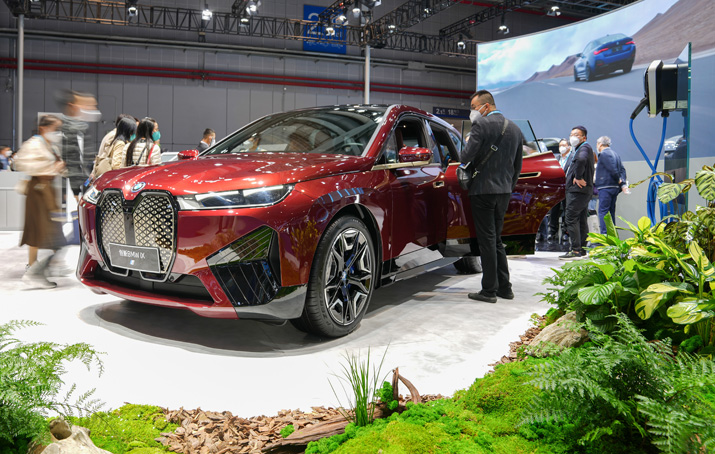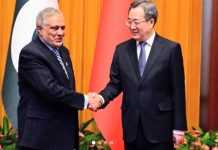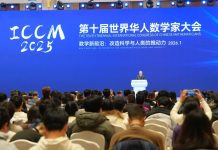BEIJING: Although assuming a clear dividing line runs through the Atlantic would be overly simplistic, the gap between the U.S. and Europe in terms of “China policy” is obvious.
While the U.S. has started to increase pressure on its EU allies to align more closely with its hardline on China, the Europeans have been pushing back.
The most recent U.S. National Security Strategy, released at the end of October, characterizes China as “the only competitor with both the intent to reshape the international order and, increasingly, the economic, diplomatic, military, and technological power to do it.” The American priority seems to be maintaining an enduring competitive edge over China.
By contrast, on November 22 while speaking at the European Parliament, the EU’s High Representative for Foreign Affairs and Security Policy Josep Borrell put the bloc’s emphasis on cooperation with China. “The U.S. is our most important ally but, in some cases, we will not be in the same position or [have] the same approach toward China.” Back in December 2020, the EU expressed its agreement with the U.S. on the strategic challenge China presented, but added: “We do not always agree on the best way to address this.”
Speaking at the Atlantic Council in February, French President Emmanuel Macron said a situation where all come together against China is “a scenario of the highest possible conflictuality” and is “counterproductive.” During German Chancellor Olaf Scholz’s visit to China in early November, the emphasis on economic cooperation far outweighed that on political competition. In late November, UK Prime Minister Rishi Sunak advocated an approach of “robust pragmatism” toward China, seeking to strike a balance between hardliners in his own party who seek a tougher approach and the interests of many businesses trading with China.
European reluctance about entering into confrontation with China, especially in the economic realm, is also evident in surveys, as documented in the Munich Security Report 2021.
Ola Källenius, Chairman of the Board of Management of German car manufacturer Mercedes-Benz Group AG, said, it was “absolutely inconceivable” to back out of the Chinese market.
This stance is likely to be shared by Volkswagen and BMW, as well as chemicals giant BASF who, together with Mercedes, accounted for more than one third of all European foreign direct investment in China between 2018 and 2021.
–The Daily Mail-Beijing Review news exchange item






